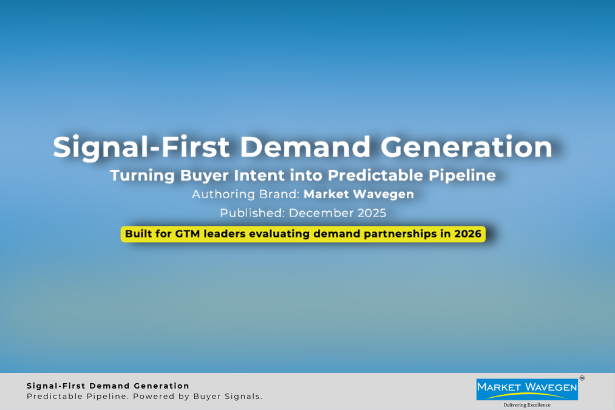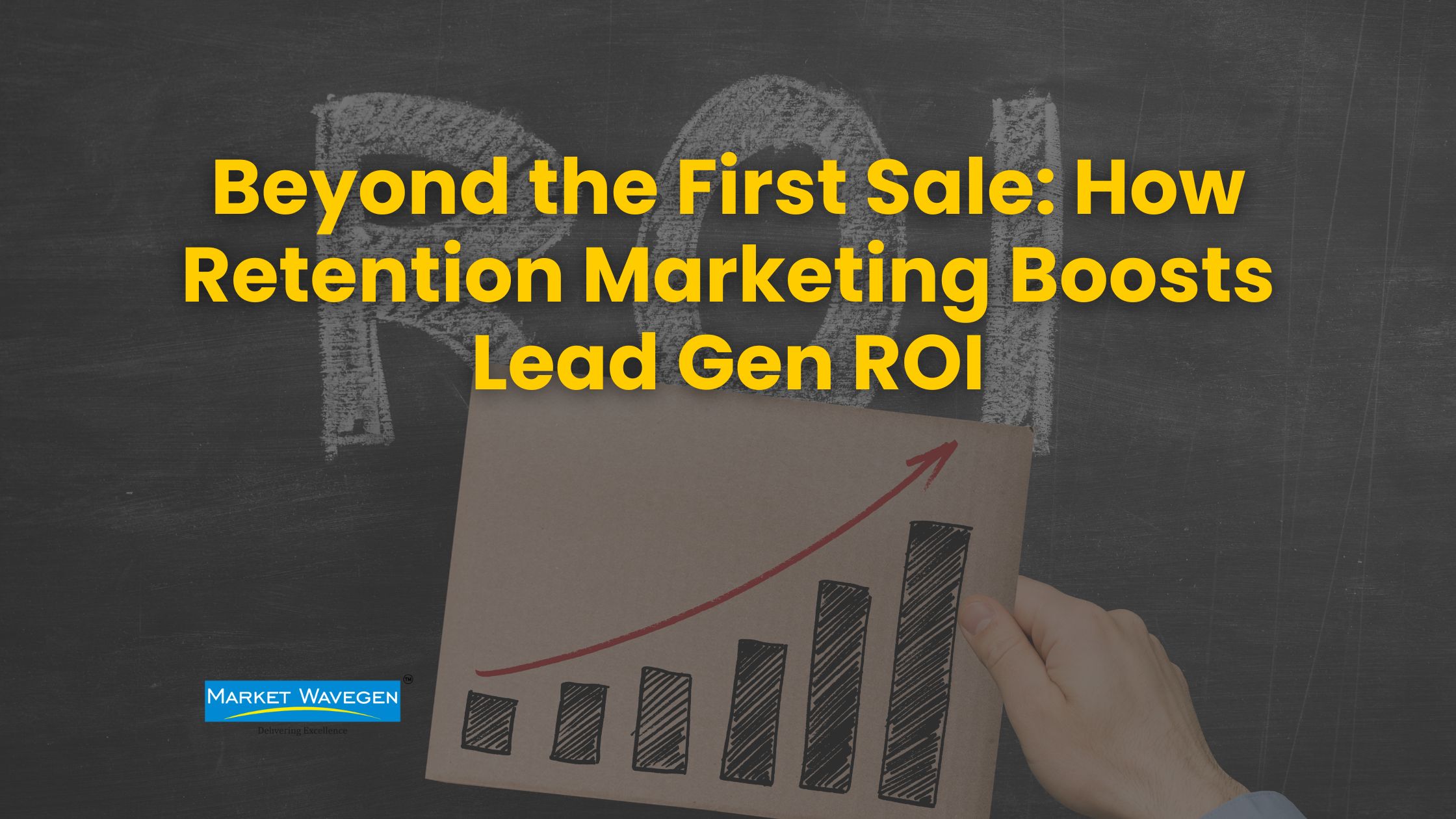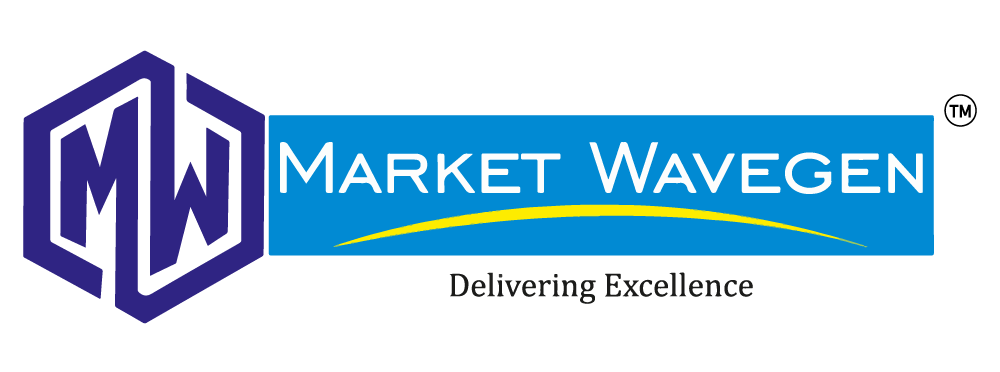
The rollout of 5G networks is set to revolutionize the digital landscape and transform the way we do business. With faster download and upload speeds, lower latency, and greater bandwidth, 5G promises to usher in a new era of connectivity, innovation, and growth. One of the areas that will be significantly impacted by 5G is digital marketing. In this blog post, we will explore the impact of 5G on digital marketing and how marketers can leverage this technology to enhance their strategies and stay ahead of the competition.
Faster Speeds and Lower Latency
One of the most significant advantages of 5G is its faster download and upload speeds. With 5G, users can download and upload content at lightning-fast speeds, allowing them to access and share information more quickly and efficiently. This means that marketers can deliver content to their target audience faster than ever before, reducing the time it takes for users to access their content and improving the overall user experience. In addition, 5G networks have lower latency than their predecessors, which means that data can be transmitted more quickly and efficiently. This will enable marketers to deliver real-time marketing campaigns that are more responsive to user behavior and preferences. For example, marketers can use 5G to deliver personalized content to users based on their location, interests, and past behavior.
Greater Bandwidth
5G networks also offer greater bandwidth, which means that more devices can be connected to the network simultaneously. This will allow marketers to leverage the Internet of Things (IoT) to deliver more targeted and personalized marketing campaigns. For example, marketers can use 5G to connect with users’ smart devices and deliver targeted ads and promotions based on their behavior and preferences.
Enhanced User Experience
With faster speeds, lower latency, and greater bandwidth, 5G promises to enhance the overall user experience, making it easier and more enjoyable for users to engage with digital content. This will enable marketers to create more immersive and engaging content, such as augmented and virtual reality experiences, that can be delivered in real time and at a higher resolution.
In addition, 5G networks will enable marketers to leverage emerging technologies such as artificial intelligence and machine learning to analyze user behaviour and deliver more personalized and targeted marketing campaigns. For example, marketers can use 5G to analyze user data in real time and deliver personalized recommendations and offers based on their interests and preferences.
Challenges and Opportunities
While 5G offers many opportunities for marketers, it also presents several challenges. One of the main challenges is the need for marketers to adapt their strategies to new technology. This will require marketers to invest in new technologies and tools to take advantage of the new capabilities offered by 5G.
In addition, the rollout of 5G is still in its early stages, with coverage still limited in many areas. This means that marketers will need to be strategic in their approach, focusing their efforts on areas where 5G coverage is strongest and building partnerships with telecom providers to ensure their content is delivered efficiently.
Conclusion In conclusion, the impact of 5G on digital marketing is set to be profound, enabling marketers to deliver more immersive and engaging content, analyze user data more effectively, and create more personalized and targeted marketing campaigns. While there are challenges to be overcome, marketers who invest in new technologies and adapt their strategies to take advantage of 5G will be well-positioned to stay ahead of the competition and succeed in the new era of connectivity and innovation.





